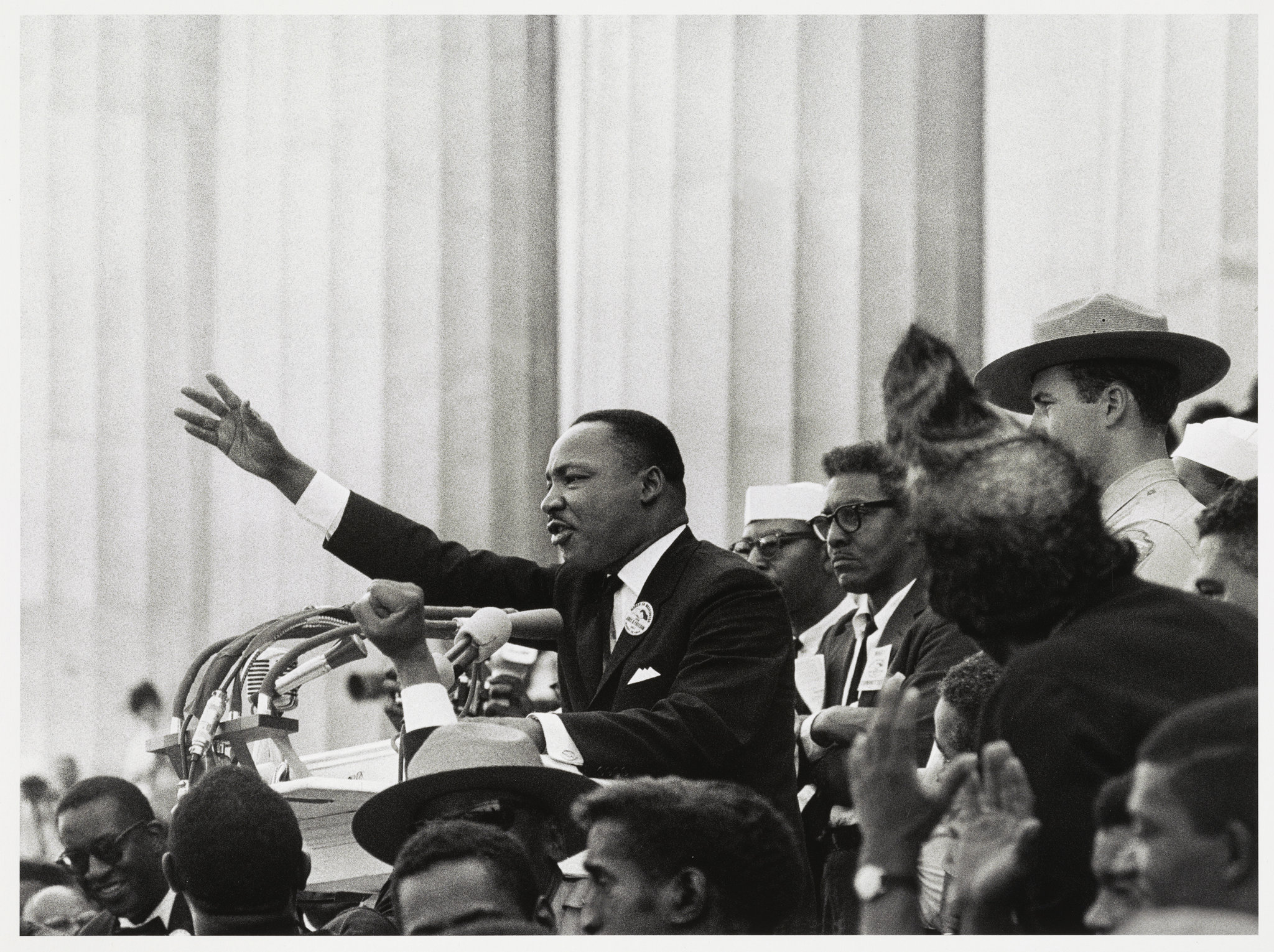You are currently browsing the tag archive for the ‘time’ tag.
A sermon preached at Niles Discovery Church, Fremont, California,
on Sunday, January 15, 2023, by the Rev. Jeffrey Spencer.
Scripture: Matthew 6:19-24
Copyright © 2023 by Jeffrey S. Spencer
Back at the beginning of my career, when I worked as a chaplain at the juvenile hall in Martinez, I wondered if what I did made any long-term difference. I knew that I often made a short-term difference. My compassion, my willingness to listen, my taking reports of child abuse seriously would all help, at least in the moment, to make an otherwise unbearable situation bearable. But I never knew if anything I did or said made any long-term difference. I was and I remain curious. Not enough to want to visit from Clarence Odbody[1] to show me what the world would be like without me, mind you. I’m just curious.
I found myself very much relying on the Parable of the Sower to sustain me. It would probably be more appropriate to call it the Parable of the Four Types of Soil or maybe even the Allegory of the Four Types of Soil, for it has traditionally been interpreted as an allegory where each person and each object in the story represents some other particular person or thing – the sower is Jesus, the seeds are the good news, the soils are different types of people with different types of receptivity to the good news. However, when I worked at the juvenile hall as a chaplain, I saw it as a parable, not an allegory. What the seeds we a metaphor for, who the sower was, what the different types of soil might represent would shift as I lived into the parable.
A sower went to sow some seeds and just tossed them all over the place. Some of the seeds were eaten by birds, some were trampled underfoot, some took root in poor quality soil and withered, and some took root and grew and provided a crop worthy of harvest.
That’s not exactly how Jesus is recorded as telling the parable. Nonetheless, that’s the version I lived with. This parable sustained me, especially when I saw myself as the sower. I had lots of different kinds of seeds in my bag – seeds of compassion, seeks of listening, seeds of understanding how the system works, seeds of humor, seeds of love, seeds of hope, seeds of realism, seeds of sacred stories, seeds of respect – and I just tossed them about, not knowing (and not being able to judge) what type of soil was around me and if it was the right type of soil for any particular type of seed I might be tossing about at that moment. And who knows if any of those seeds took root. Not me, that’s for sure.
In many ways, that kind of seed spreading is poor stewardship. Wouldn’t it have been better stewardship to assess how ready any one of the teenagers who was locked up was to receive the seeds I had, and then to plant those particular types of seed only in the soil was ready to receive them? Maybe that would have been the thriftier way to spread the seeds, but I don’t think it would be better stewardship, at least not of the types of seed I was carrying. I think this sort of profligate seeds spreading, this sort of use of the treasures I had is actually good stewardship.
Our gospel lesson is very much about stewardship, and particularly about the stewardship of money. The last line of the passage makes this clear: “You cannot serve God and wealth.” So when Jesus talks about your heart being where your treasure is, he is at least talking about money. When I read this passage, I hear Jesus asking, “How are you going to use your money?” His advice is not to use it to accumulate stuff that is transient or that can be stolen. “Instead, collect treasures for yourself in heaven,” he advises.
Now, if heaven is up there, above the clouds, away from here, I don’t know how to store up treasures for myself there. But if heaven is right here, at hand, among you, I have a better idea of how I might do that, because I think Jesus is asking us – individually and collectively – what we really value.
Individually, we can look at our household budgets to answer that question. According to my budget, the things I most value are shelter, taxes, food, and the church. I suppose if I were paying for my own medical insurance, health care would be added to my list. Earlier in my life, education made the list; I paid off my student loans decades ago. I suppose one could say I value my job, if you look at my job-related expenses. You get the idea, and you could do the same thing looking at your household budget.
But there are treasures that don’t show up in this analysis, at least not directly. These are the treasures that are more obviously (at least to me) about heaven. That’s why simply analyzing my household budget is insufficient, in my opinion. Our relationships – with family and friends, with the good earth we live on and in, with justice, with compassion, with honesty – where are they in my financial budget? That’s why I think we also need to look at how we budget our time and energy, too. A quick look at my budget of time reveals that I value sleep, my vocation, interpersonal connections, and learning.
This analysis of our budgets – our budgets of money, time, and energy – can tell us where our treasure is, and therefore where our heart is. The bigger spiritual question, however, is one of alignment. The analyses of our personal, household budgets of time, money, and energy will reveal what we behaviorally value. Which leaves a question: Are the ways we spend our money, time, and energy in alignment with what we actually value? And what about what we want to value? These questions are the ones that get us to today’s sermon title, “Looking In.” Were invited to look in – into ourselves – to see if our actions (especially the ways we spend our money, time, and energy) are aligned with what we want to be valuing. If they’re not, then the invitation is to figure out how we can change our spending habits of money, time, and energy to bring them into alignment with our values.
Everything I’ve said here applies to our collective spending as a congregation, too. Do we spend our pooled resources of money, time, and energy on the things – the events, the ministries, the expressions of faith – that we actually value? And if they don’t, how do we get our spending habits into alignment with our values? And what do we do when our collected resources are insufficient to cover our spending desires to fulfill our values? These are not easy questions to answer, even though they are important questions to answer.
Martin Luther King, Jr. (whose birthday is today) is quoted as saying, “Budgets are moral documents.” If he didn’t say it, he certainly could have. We know that he said, “A nation that continues year after year to spend more money on military defense than on programs of social uplift is approaching spiritual death.”[2] He certainly thought budgets are moral documents. Where your treasure is, there is your heart also.
In his famous I Have a Dream speech, delivered during the 1963 March on Washington for Jobs and Freedom, King used a treasure metaphor. Looking at the Constitution and the Declaration of Independence, King said, “The architects of our Republic [wrote a] promissory note to which every American was to fall heir. This note was a promise that all [people] – yes, Black [people] as well as white [people] – would be guaranteed the unalienable rights of life, liberty, and the pursuit of happiness.
“It is obvious today that America has defaulted on this promissory note insofar as her citizens of color are concerned. Instead of honoring this sacred obligation, America has given the Negro people a bad check, a check which has come back marked insufficient funds.
“But we refuse to believe that the bank of justice is bankrupt.”[3]
American claimed that what it values is equality, that all people are created equal. Yet, King pointed out, how we were using our treasure was out of alignment with those values. The Civil Rights movement was a call to get how we store up treasure into alignment with the values we proclaim.
In these words and in many others King spoke and wrote, I hear a call to align our budgets – our personal budgets, our church budgets, our city, state, and federal budgets – be they budgets of money, time, or energy – with our values, with what is truly important. This is Jesus’ call as well, for where your treasure is, there is your heart also. Amen.
[1] Clarence Odbody is the angel sent to help George Bailey in It’s a Wonderful Life. He does so by showing George what the world would be like without George in it, as he explains in the first minute of https://youtu.be/TNQ76UyurLA.
[2] Tony Magliano, “Budgets are moral documents,” Catholic News Agency, https://www.catholicnewsagency.com/column/53777/budgets-are-moral-documents (posted 18 June 2017; accessed 14 January 2023).
[3] Martin Luther King, Jr., “Read Martin Luther King, Jr.’s ‘I Have a Dream’ speech in its entirety,” National Public Radio, https://www.npr.org/2010/01/18/122701268/i-have-a-dream-speech-in-its-entirety (posted 14 January 2022; accessed 14 January 2023).
Posted by (Episcopal) Bishop Steven Charleston on Facebook on 1 July 2014; and I’m sharing it because I think it’s brilliant:
I have decided to do some time traveling. I am a little too accustomed to this time frame. It is time for a change. So I will travel in time by giving some of my time away. I will find someone who could use a little extra, an elder who would like to talk, a child who would like to play, a friend who would like to get a call, a group that could use an extra hand: I will find the destination for my experiment and give them as much of my time as I can. And by doing this, I will actually move from one place to another. I will move from this reality to a happier reality, to a place of smiles, to a sense of satisfaction at having made someone else’s time more meaningful.




